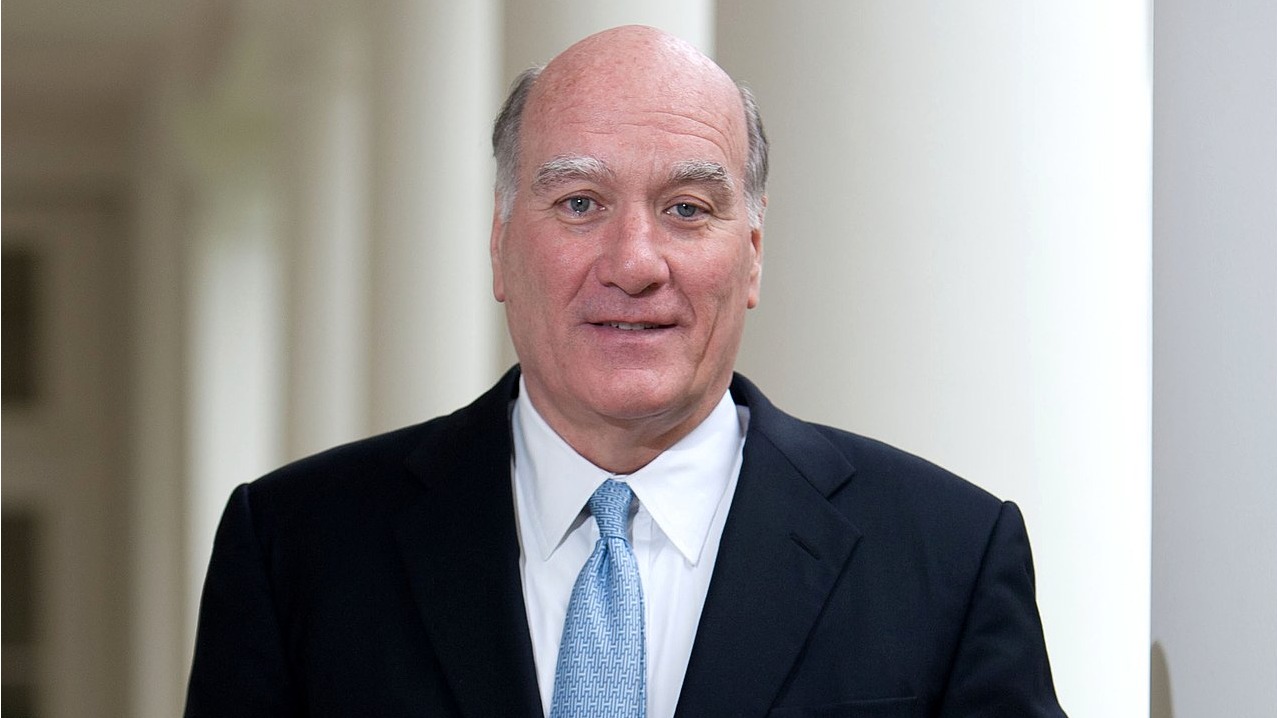Wells Fargo has announced that its vice chairman of public affairs William Daley will retire at the end of 2023.
Daley joined Wells Fargo from BNY Mellon in 2019 to take up a newly created corporate function at the bank that spans government relations, corporate communications, corporate branding, community relations, the Wells Fargo Foundation, and other areas. He was previously a member of the executive committee at JPMorgan Chase and served as president of SBC Communications (now AT&T).
While establishing a storied career on Wall Street, Daley also had an esteemed second career in political life. He held two cabinet-level appointments – first as the secretary of commerce in the Clinton administration and more recently as chief of staff to president Barack Obama.
Wells Fargo chief exec Charlie Scharf praised the outgoing Daley as an “invaluable asset” to the bank. He said: “During his time at Wells Fargo, we’ve strengthened our relationships with the communities we serve; established new programmes in housing, small business, and other areas that have had an impact on hundreds of thousands of people; and worked to rebuild our reputation both nationally and locally. A lot of that is thanks to Bill’s leadership, and his long experience in both the public and private sectors.”
Daley, whose replacement will be announced at a future date, said: “We’ve made real progress in improving Wells Fargo’s standing in the public eye. I see it in the data, and I hear it in the conversations I have both internally and externally, across different parts of the country, and across party lines.
“Charlie’s leadership and the management team he has assembled have dramatically changed the company, and I have the utmost confidence that Wells Fargo’s transformation will continue on a successful path.”
Latest News
-
Gemini to cut quarter of workforce and exit UK, EU and Australia as crypto slump forces retrenchment
-
Bank ABC’s mobile-only ila bank migrates to core banking platform
-
Visa launches platform to accelerate small business growth in US
-
NatWest to expand Accelerator programme to 50,000 members in 2026
-
BBVA joins European stablecoin coalition
-
eToro partners with Amundi to launch equity portfolio with exposure to ‘megatrends’
Creating value together: Strategic partnerships in the age of GCCs
As Global Capability Centres reshape the financial services landscape, one question stands out: how do leading banks balance in-house innovation with strategic partnerships to drive real transformation?
Data trust in the AI era: Building customer confidence through responsible banking
In the second episode of FStech’s three-part video podcast series sponsored by HCLTech, Sudip Lahiri, Executive Vice President & Head of Financial Services for Europe & UKI at HCLTech examines the critical relationship between data trust, transparency, and responsible AI implementation in financial services.
Banking's GenAI evolution: Beyond the hype, building the future
In the first episode of a three-part video podcast series sponsored by HCLTech, Sudip Lahiri, Executive Vice President & Head of Financial Services for Europe & UKI at HCLTech explores how financial institutions can navigate the transformative potential of Generative AI while building lasting foundations for innovation.
Beyond compliance: Building unshakeable operational resilience in financial services
In today's rapidly evolving financial landscape, operational resilience has become a critical focus for institutions worldwide. As regulatory requirements grow more complex and cyber threats, particularly ransomware, become increasingly sophisticated, financial services providers must adapt and strengthen their defences. The intersection of compliance, technology, and security presents both challenges and opportunities.
© 2019 Perspective Publishing Privacy & Cookies













Recent Stories